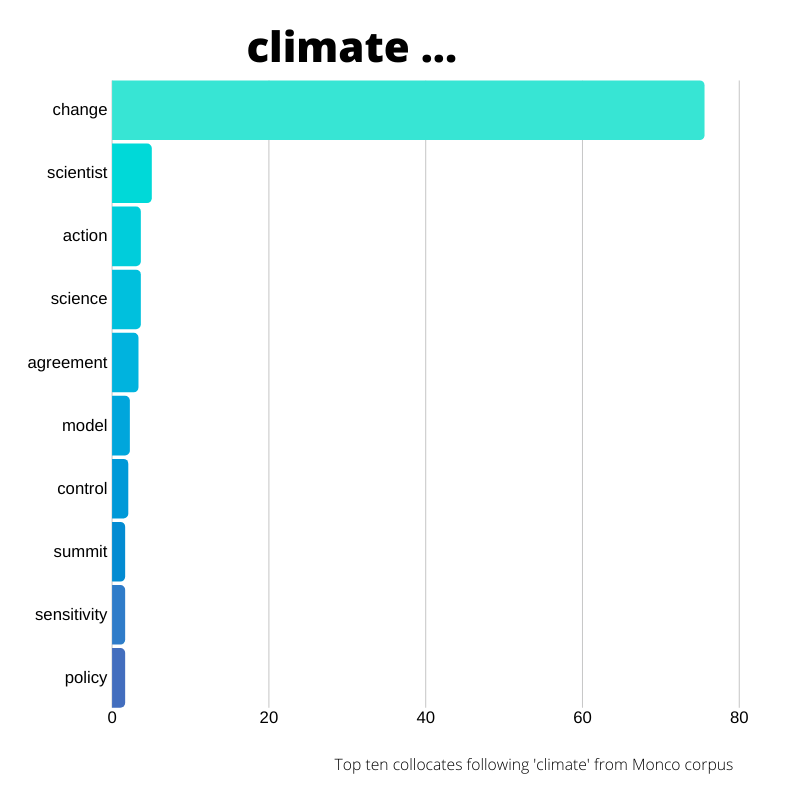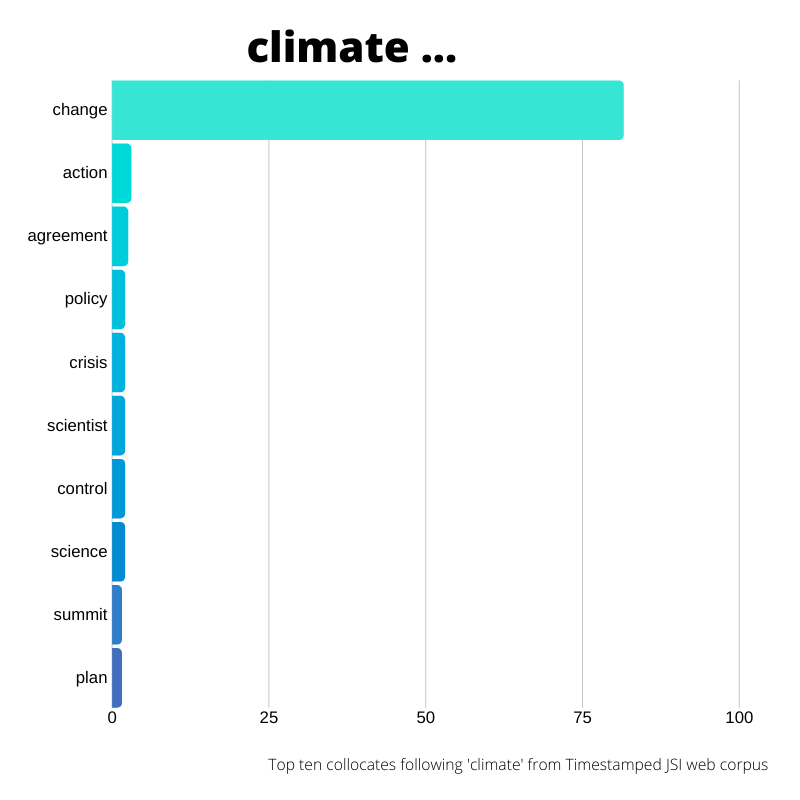As we approach the end of 2019, a number of dictionaries have announced their Words of the Year (WoTY) and this year, there’s a definite green slant:
- climate emergency: Oxford Dictionaries
- climate strike: Collins Dictionaries
- upcycling: Cambridge Dictionaries
Other eco-themed words to make the shortlists included climate action, climate crisis, climate denial, eco-anxiety, ecocide, extinction, flight shame, global heating, net-zero and plant-based (Oxford), rewilding (Collins) and carbon sink, compostable and preservation (Cambridge). These, in fact, follow on from some similarly eco-related choices last year with single-use from Collins and toxic (often used in reference to pollution) from Oxford.
It’s easy to dismiss such announcements as PR, but certainly in the case of climate emergency and climate strike, the choices were made very firmly on the basis of data and reflect the changing ways in which we’re choosing to talk about the environment and our impact on it. In both cases, lexicographers looked at usage trends to pinpoint words (or in this case compounds) that had significantly increased in usage over the past 12 months. By looking at corpus data collected from a wide range of different sources, these two terms stood out as having dramatically increased in frequency through 2019. Check out the Oxford Dictionaries blog if you’re interested in the stats.
But what does that mean for ELT? Should we be teaching these terms to our students? Will they be appearing in our coursebooks any time soon? Well, the answer to that is yes and no.
Over on the ELT Footprint Facebook page, a couple of commenters have bemoaned the fact that much of the vocabulary that appears in published ELT materials is behind the times and ELT writers have complained that their hands are often tied by having to stick to publishers’ wordlists. So I checked out three of the wordlists used by major ELT publishers:

The basic vocabulary is already there and in the most recently updated of the lists, the new Oxford 3000 has both climate (on their main list) and climate change (on their phrase list) featuring as early as A2 level.
But, I hear you cry, climate change is old hat, people are now waking up to something more urgent and dramatic. We need to be talking in terms of a climate emergency or a climate crisis. We need climate strikes that lead to climate action.
If we go back to corpus data though, it soon becomes clear that while these terms have indeed spiked in usage in recent months, they still aren’t yet dominant forces in terms of overall frequency. I looked at two different monitor corpora – that is a corpus of recently-collected language data that’s used to track current usage – to see how the word climate is used generally. The charts below show the top ten collocates (focusing on words modified by climate) by relative frequency.


It’s very clear that climate change is still overwhelmingly more frequent than any of the other combinations, justifying its inclusion on the ELT wordlists above. One reason that some of the other phrases are far less frequent may be that they haven’t cottoned on widely enough; those boomer mainstream journalists just ain’t woke! It’s also likely down to the fact that the terminology just hasn’t settled yet. While several combinations have clearly been trending, as evidenced by the WoTY choices, there’s no clear consensus yet about exactly which terms work best to describe our current situation. It’s very difficult to predict which terms will catch on or indeed which ones will be superseded by something else in a year or two’s time.
The wordlists used by ELT publishers are based on criteria around frequency in order to ensure that the basic vocabulary we teach is going to be generally useful for students. They can’t just add words willy nilly because they’re currently trending. When something becomes frequent enough to merit inclusion, like climate change, it goes in. It’d look a bit silly if climate emergency was suddenly touted as a must-teach term only to have it fade from usage or be outgunned by climate crisis or climate catastrophe a few months along the line. And what comes after the crisis has been declared? Well, there’s already talk of climate action by climate activists and looking at the corpus data, climate goals, climate targets, climate adaptation, climate strategies and climate solutions are all gaining ground.
All of which points to climate as a really key item of vocabulary that should be appearing in our ELT materials and which writers can justify including based on existing published wordlists. And remember, both publishers and vocabulary learning researchers agree that frequency-based wordlists provide a basis for a vocabulary syllabus but need to be taught alongside a good sprinkling of off-list topic vocabulary too.
Where we take it from here though I think will come down much more to classroom teachers using words like climate and environment as a springboard for discussing whatever other terms are relevant at the time they’re teaching. You could use these Words of the Year as a starting point for discussion, take a look at some of the other ecovocabulary highlighted in dictionary blogs and activities this year, such as here and here , compare the terms currently trending in your students’ own L1s or even explore collocations of key words directly with your students using a simple corpus tool like SkELL (designed for language learners) – try searching for words like climate, footprint, waste and environmental and clicking on ‘Word sketch’ to see the top collocates.
However you choose to tackle it though, we clearly do need to equip our learners with the language they’ll need to talk about the changing world they face. We can take our lead from linguists, lexicographers and published materials, but it’s really teachers on the ground who know what’s most relevant to their students and their context.


1 thought on “Guest Post: Words of the Year – New Language for a New World”
Pingback: Images and the Climate Crisis: moving out of our comfort zone - ELT Footprint